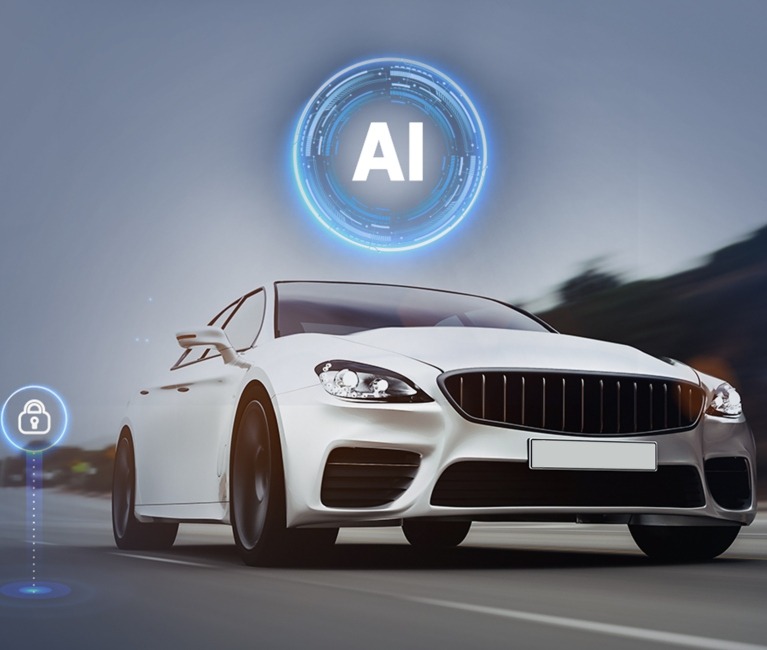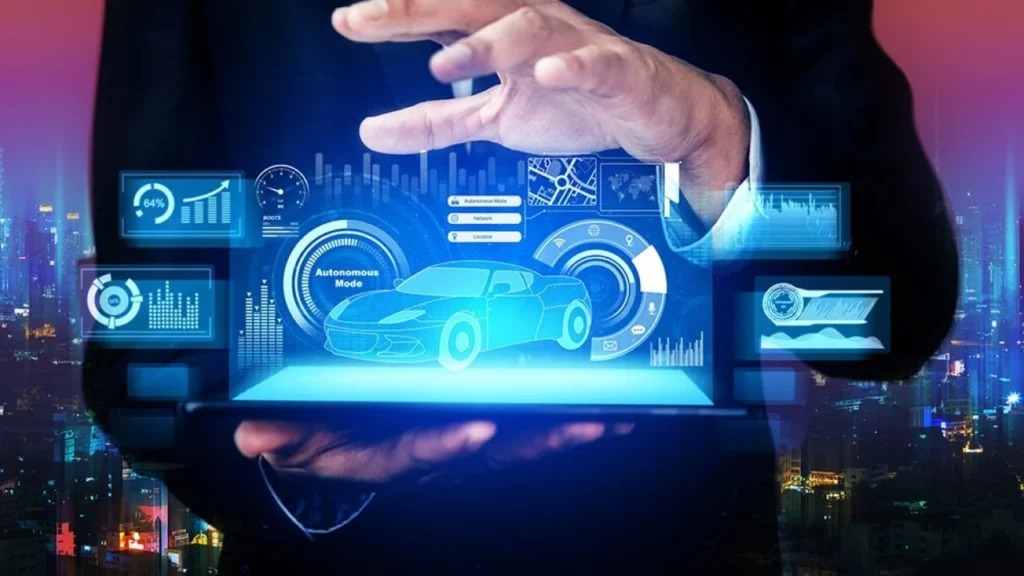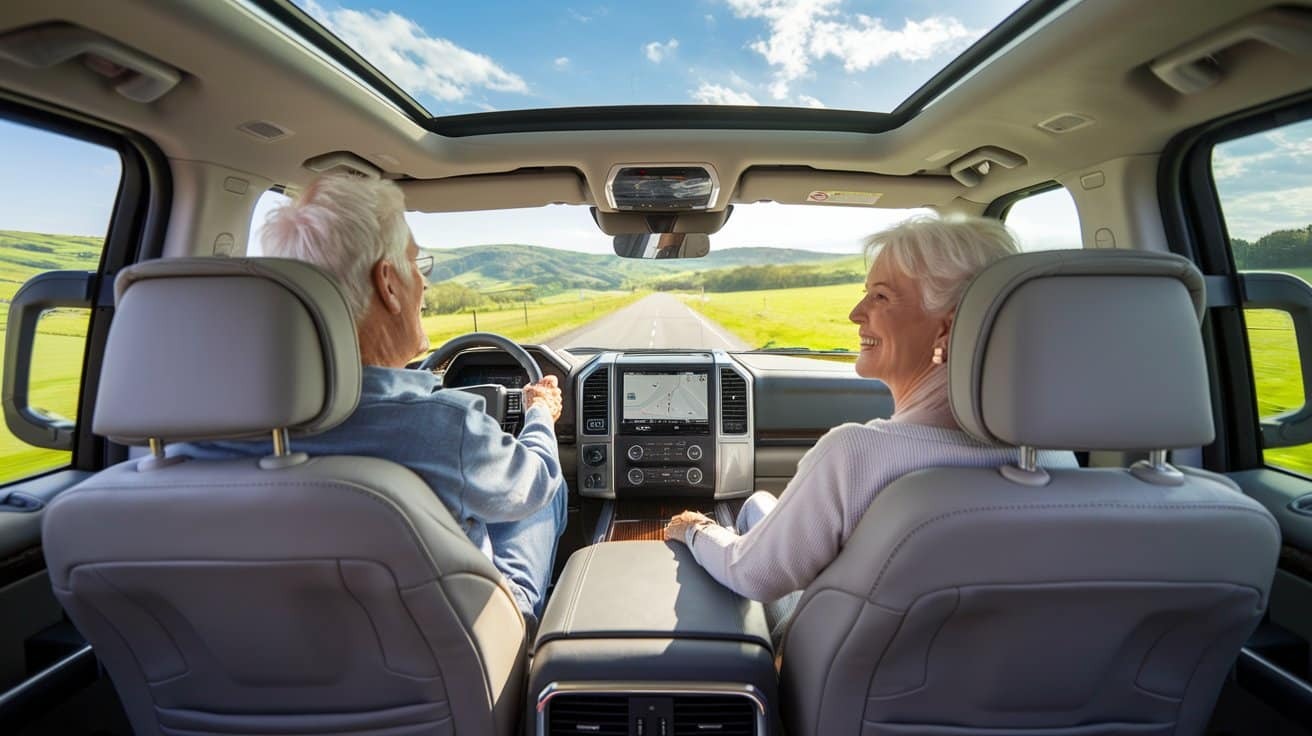Electric vehicles have moved from niche to mainstream, with nearly every major automaker now offering EV models. Advances in battery technology are extending ranges while reducing charging times, making EVs more practical than ever. Governments worldwide are supporting this shift through incentives and infrastructure investments, accelerating the transition away from fossil fuels.

2. Autonomous Driving: From Sci-Fi to Reality
Self-driving technology is progressing faster than many predicted. While fully autonomous vehicles aren't yet commonplace, features like adaptive cruise control, lane-keeping assist, and self-parking are becoming standard. Tech companies and automakers continue to test and refine autonomous systems that promise to make driving safer and more efficient.
3. Connected Cars: Your Vehicle Gets Smart
Modern vehicles are essentially computers on wheels, capable of over-the-air updates, real-time navigation, and even predicting maintenance needs. Vehicle-to-everything (V2X) communication allows cars to interact with infrastructure and other vehicles, potentially reducing accidents and traffic congestion.
4. Shared Mobility and the Changing Ownership Model
The concept of car ownership is being challenged by ride-sharing services, car subscriptions, and fractional ownership models. Urban dwellers in particular are embracing these alternatives, which offer convenience while reducing the environmental impact of personal transportation.
5. Sustainable Materials and Circular Design
Automakers are increasingly focusing on sustainability, using recycled materials in vehicle production and designing for end-of-life recyclability. From vegan leather interiors to bio-based composites, the cars of tomorrow will be greener in both operation and construction.
6. Performance Meets Efficiency
The stereotype of EVs being slow and boring has been shattered by high-performance models that outpace traditional sports cars. Meanwhile, innovations in aerodynamics and lightweight materials are helping all vehicles become more energy efficient without sacrificing performance.
7. The Personalization Revolution
Digital interfaces allow drivers to customize everything from dashboard displays to driving modes. Some manufacturers are even exploring 3D-printed components that would let buyers personalize vehicle elements to their exact preferences.
8. Challenges on the Road Ahead
While the future looks exciting, challenges remain. Concerns about battery recycling, charging infrastructure gaps, and the digital divide in vehicle technology need to be addressed to ensure the auto revolution benefits everyone.
Final Thoughts
The automotive world is evolving at an unprecedented pace, blending cutting-edge technology with environmental responsibility. As we stand at this transportation crossroads, one thing is clear: the vehicles of tomorrow will be cleaner, smarter, and more integrated into our digital lives than we ever imagined.




